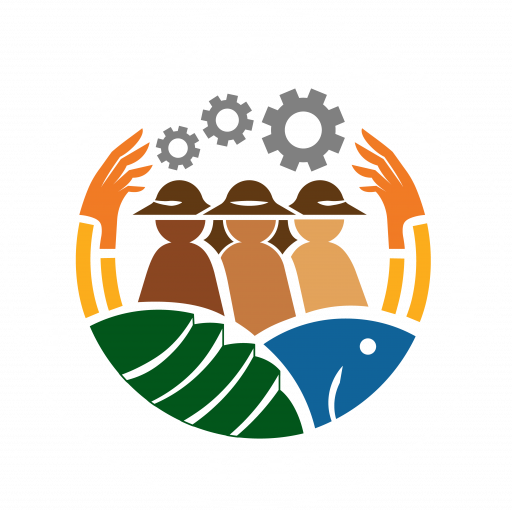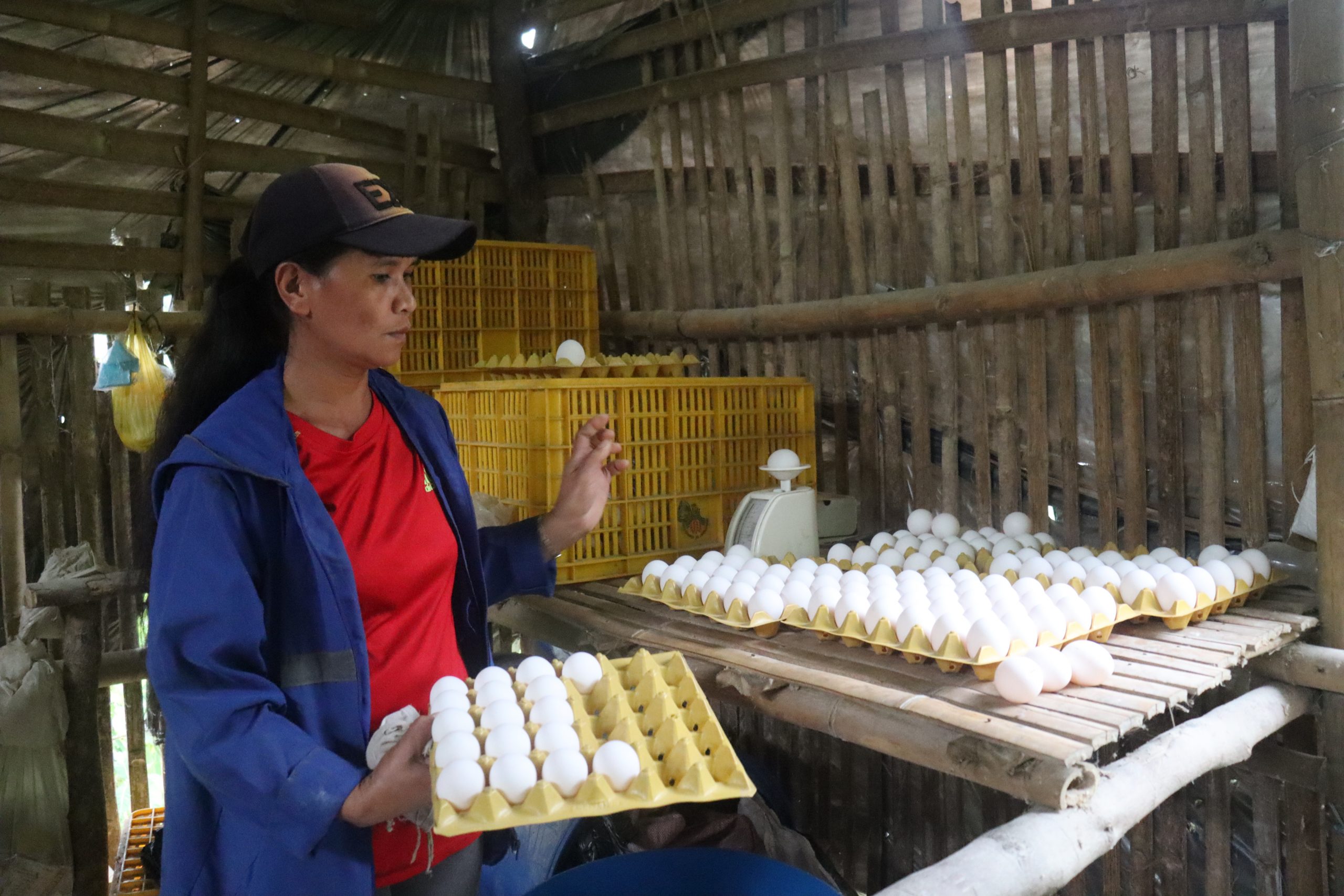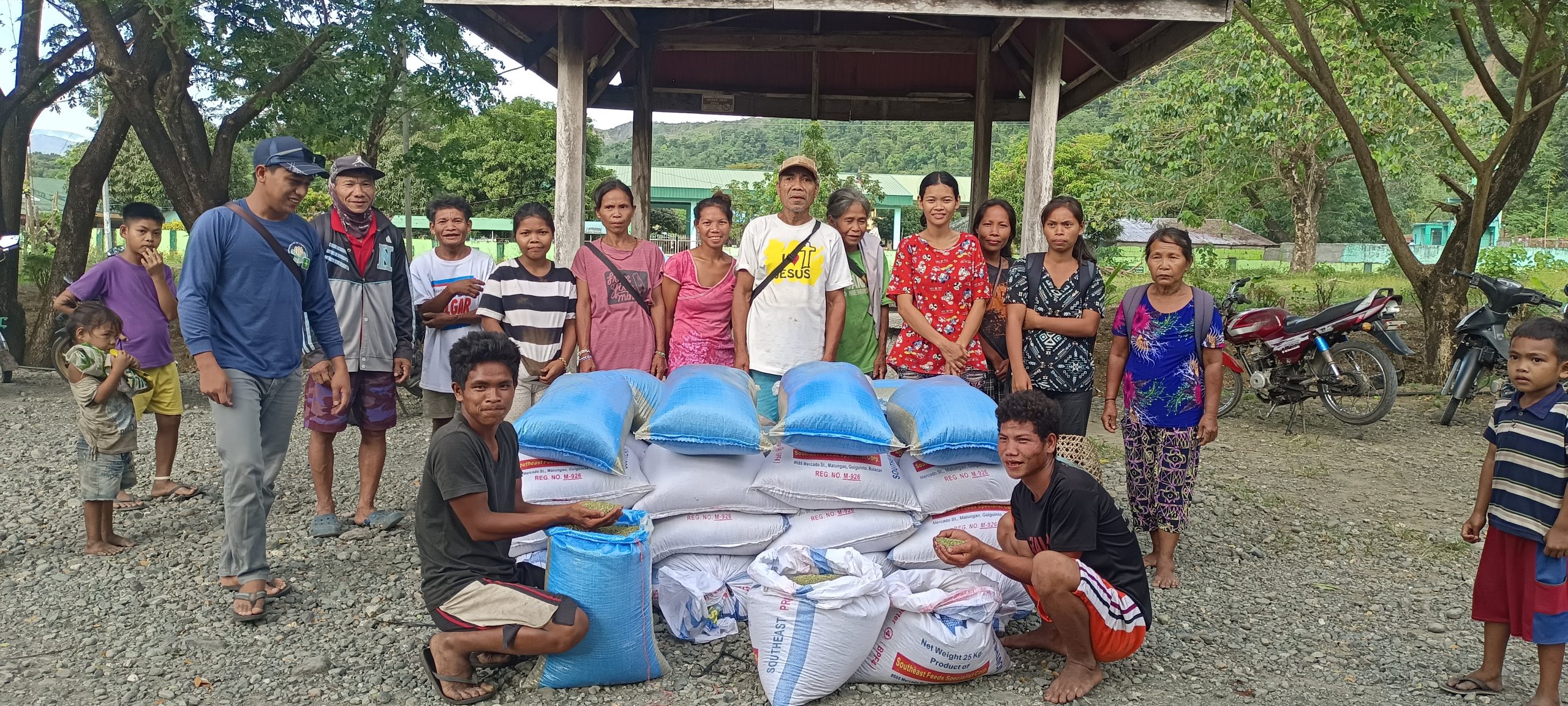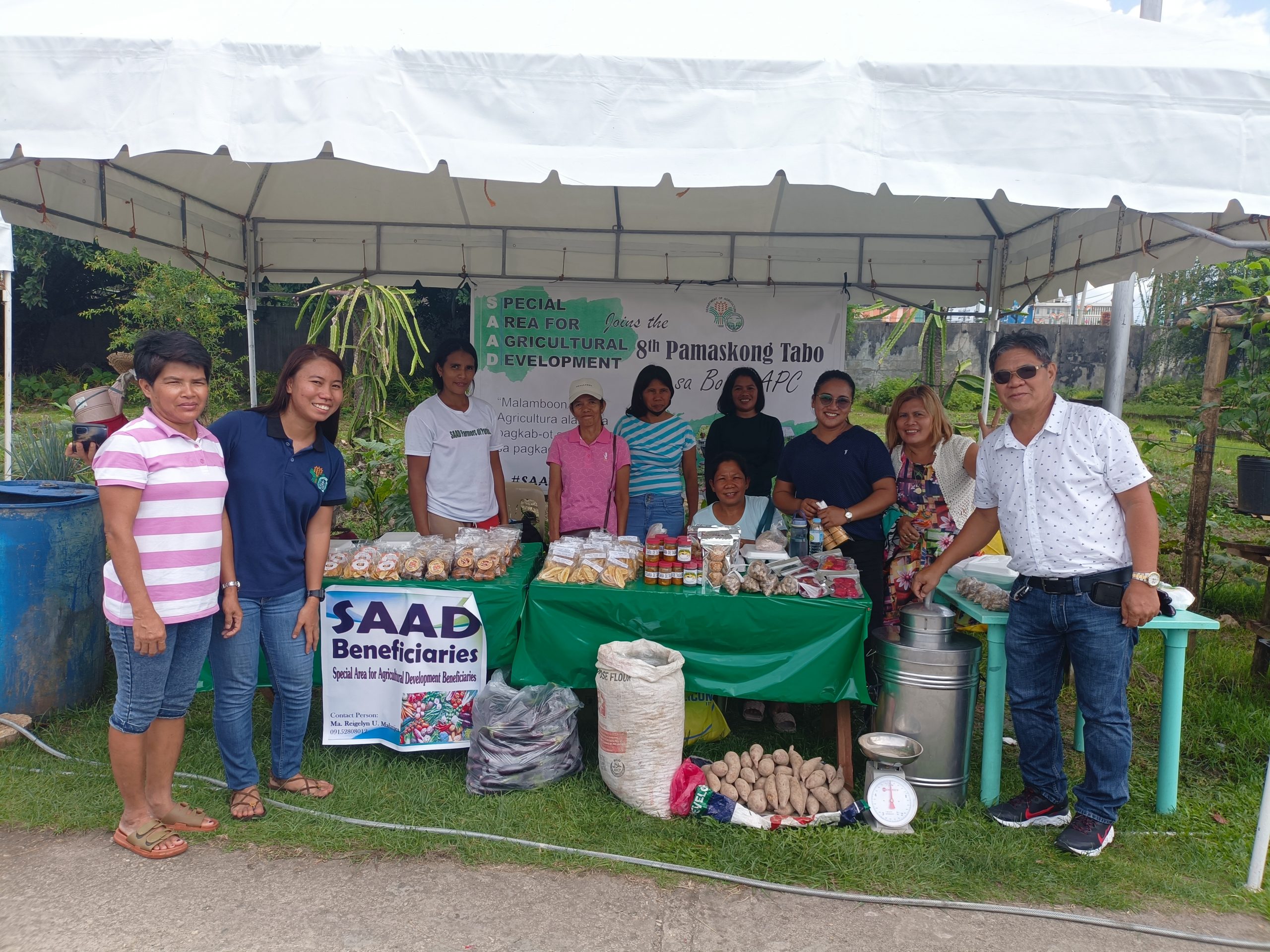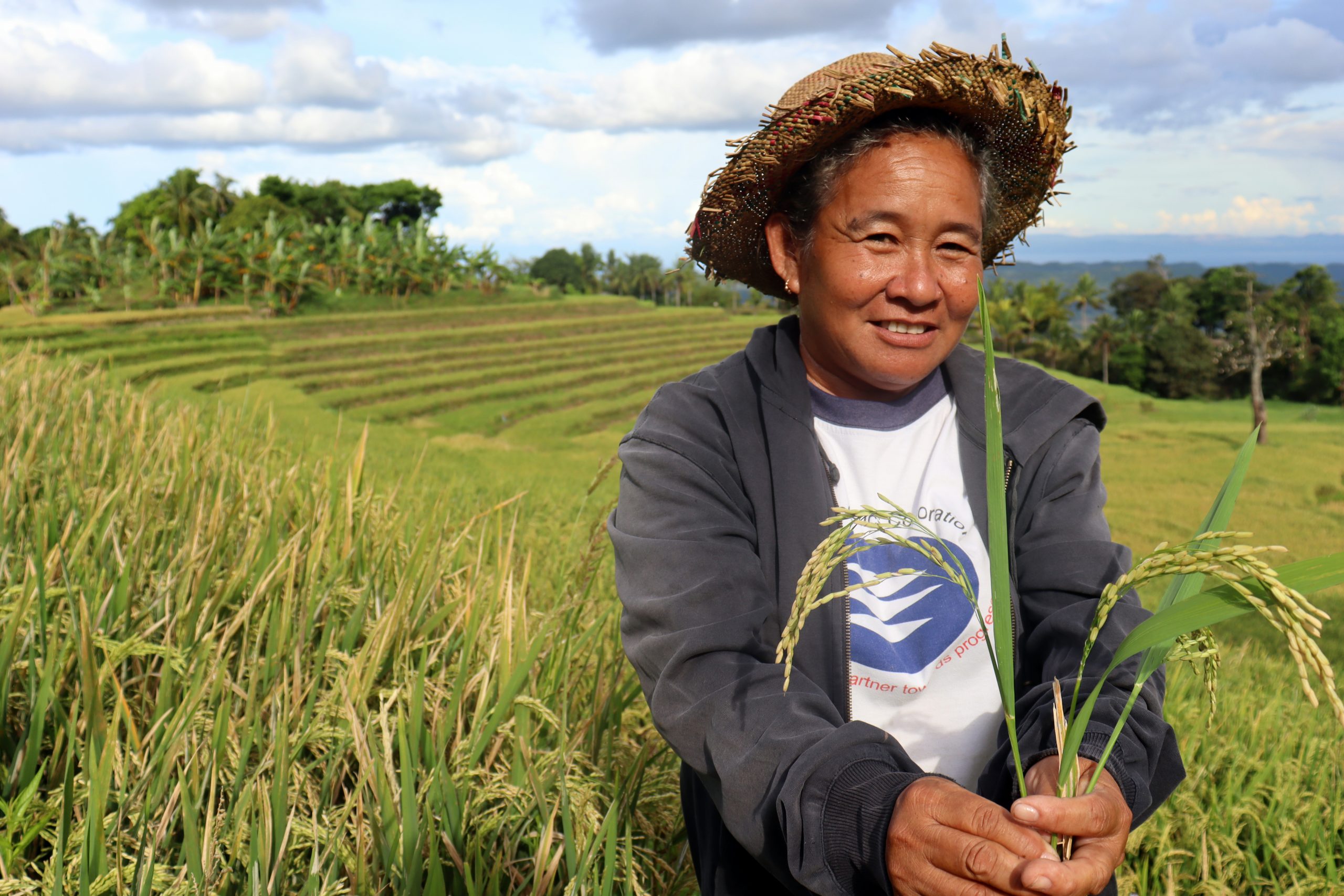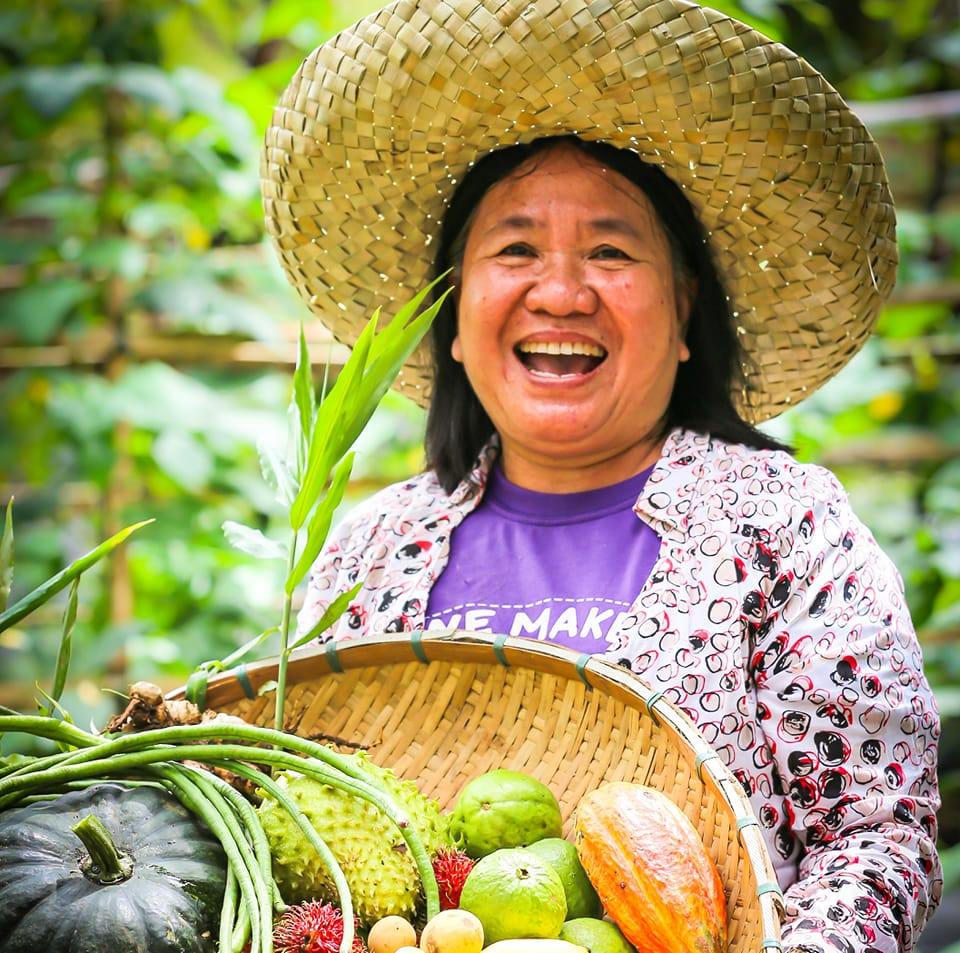About Kape Sustainable FA
Nestled in the steep hinterlands of Northern Negros Occidental is the municipality of Salvador Benedicto. Over the years, the upland town with only 7 barangays has seen a rise in its local economy — thanks to tourism and agriculture.
Due to its high altitude, Salvador Benedicto can support crops that grow in temperate areas such as coffee, a woody evergreen that produces white flowers and red berries, or “cherries” that contain seeds. The seeds of the berries are the “beans” from which the coffee beverage is made. The richness of the soil and suitable climate in the area make it ideal for locals to cultivate the fruit-bearing shrub that they harvest and sell to sustain their families.
Poor access to markets and undeveloped farm-to-market roads is an impediment for the majority of the farmers in marketing their products to the nearby communities. When bringing their farm products to the market, locals use improvised transportation means such as a “karosa”, a traditional carrier made of bamboo, usually pulled by a carabao and with a minimum fare of Php 200 to and fro.
With a vision to strengthen product consolidation and marketing in their community, a small group of coffee growers in Barangay Igmaya-an formed an association sometime in 2004 which was later named as Kape Sustainable Farmers’ Association (KASFA). The 63-year-old chairperson, Virgilio Gregorio believes that creating an association of small-scale farmers would be their ticket to accessing state-sponsored assistance.
Group’s inclusion in SAAD
For the majority of KASFA members, the coffee cultivated on a 1.5-hectare farm is all that they have for livelihood. They, however, could easily go out of business if the weather suddenly changes, or if the market price fluctuates. Thus, despite their honest labor, farmers struggled to make a fortune out of growing the crop.
It was until the Department of Agriculture Special Area for Agricultural Development (DA-SAAD) Program reached their place and introduced opportunities to assist and expand their livelihood sources. The group was chosen as one of the beneficiaries since Igmaya-an belongs to Geographically Isolated and Disadvantaged Areas (GIDA) and communities with high poverty incidence. The community seldom receives assistance from the government due to challenges in the distance, mode of transport, and weather conditions, resulting in limited assistance reaching the area.
From coffee to poultry production
In September 2021, the KASFA with 15 registered members managed the Chicken Layer Egg Production under the program worth Php 246,120.00. The group proposed the poultry project in hopes to have a whole new source of fresh food in some of their village’s geographically-disadvantaged areas but also a potential enterprise that could augment the income of KASFA members.
The assistance was composed of 3 sets of layer chicken (144 head), 3 sets of drugs and biologics, 30 bags of layer feeds, 60 pieces of plastic egg tray, 3 rolls of polyethylene hose, 10 chicken crates, 1 drum, and 1 weighing scale.
Prior to the distribution of farm inputs, the group was trained on effective biosecurity protocols, strains used for table egg production, housing and facilities, nutrition and feeding management, lighting management, egg handling, pest and disease management, waste management, and record keeping.
The KASFA has a 120-square meter communal poultry production site situated near the barangay proper. The group agreed to place the laying hens here and take turns in feeding and maintenance instead of rearing the poultry individually at home. Assigned members maintain the poultry farm per day, ensuring the health and safety of the animals, as well as cleaning and repairs.
Key Results
KASFA considers the egg production project from SAAD as the biggest livelihood project they received from the Department of Agriculture. The first month of operation was challenging for the group as they were still learning the production process. But as time went by, with the continuous help of SAAD staff and technicians from the municipal agriculture office, the association had become adept at the process.
In October 2021, the laying hens produced 64 trays of eggs and the group sold them at Php 100 to Php 150/tray providing them an income of Php 6,690.00.
Within 10 months of operation, KASFA’s egg venture produced a total of 1,169 trays providing them a gross income of Php 201,990. They deducted their expenses from the procurement of layer feeds, vitamins, maintenance of animal housing, and the individual share, which is 30 percent of the gross income, intended for each member which amounted to Php 171,394.60. Finally, the group reported a net income of Php 30,595.40, serving as the group’s savings.Table 1. KASFA’s Egg Production (October 2021-July 2022)
| Date of Harvest | Eggs Collected (tray) |
Unit of Measure | Price (Php/Unit) |
Expenses (a) |
Gross Income (b) |
Net Income (a-b) |
| Oct-21 | 10 | Pullet | 100.00 | 171,394.60 | 100.00 | 30,595.40 |
| 23 | Small | 130.00 | 2,990.00 | |||
| 24 | Medium | 150.00 | 3,600.00 | |||
| Nov-21 | 90 | small | 150.00 | 13,500.00 | ||
| 25 | Medium | 160.00 | 4,000.00 | |||
| 5 | Large | 180.00 | 900.00 | |||
| Dec-21 | 2 | pullets | 120.00 | 240.00 | ||
| 68 | small | 150.00 | 10,200.00 | |||
| 59 | Medium | 160.00 | 9,440.00 | |||
| 2 | Large | 170.00 | 340.00 | |||
| 2 | Jumbo | 200.00 | 400.00 | |||
| Jan-22 | 75 | Small | 160.00 | 12,000.00 | ||
| 33 | Medium | 170.00 | 5,160.00 | |||
| 14 | Large | 180.00 | 2,660.00 | |||
| 2 | Jumbo | 200.00 | 400.00 | |||
| Feb-22 | 3 | Small | 160.00 | 480.00 | ||
| 32 | Medium | 170.00 | 5,440.00 | |||
| 72 | Large | 180.00 | 12,960.00 | |||
| 9 | Extra Large | 190.00 | 1,710.00 | |||
| 1 | Jumbo | 200.00 | 200.00 | |||
| Mar-22 | 54 | Medium | 180.00 | 9,720.00 | ||
| 57 | Large | 190.00 | 10,830.00 | |||
| 15 | Extra Large | 200.00 | 3,000.00 | |||
| 1 | Jumbo | 210.00 | 210.00 | |||
| Apr-22 | 61 | Medium | 180.00 | 10,980.00 | ||
| 44 | Large | 190.00 | 8,360.00 | |||
| 15 | Extra Large | 210.00 | 3,150.00 | |||
| 1 | Jumbo | 220.00 | 220.00 | |||
| May-22 | 1 | small | 170.00 | 170.00 | ||
| 70 | medium | 180.00 | 12,600.00 | |||
| 41 | large | 190.00 | 7,600.00 | |||
| 18 | Extra large | 210.00 | 3,780.00 | |||
| Jun-22 | 6 | Small | 170.00 | 1,020.00 | ||
| 68 | Medium | 180.00 | 12,240.00 | |||
| 40 | Large | 190.00 | 7,600.00 | |||
| 5 | Extra Large | 210.00 | 1,050.00 | |||
| 1 | Jumbo | 220.00 | 220.00 | |||
| Jul-22 | 9 | small | 170.00 | 1,530.00 | ||
| 45 | medium | 180.00 | 8,100.00 | |||
| 49 | large | 190.00 | 9,310.00 | |||
| 16 | Extra large | 210.00 | 3,360.00 | |||
| 1 | jumbo | 220.00 | 220.00 | |||
| Total | 171,394.60 | 201,990.00 | 30,595.40 | |||
KASFA farmers approached all local nearby retailers and restaurants offering to become a local supplier. So far, they are currently providing eggs for at least 5 sari-sari stores and 2 cafes in the Poblacion.
The chicken will continue to produce eggs for up to two years, while gradual replacement of stocks will be conducted by the group. According to Mr. Gregorio, sustaining their poultry project will not only be good for their regular clients but also for their members who would have a stable source of income to support their respective families.
“Nangin dako nga bulig ang proyekto sang SAAD sa amon mga miyembro, kapin pa nga limitado lang ang amon tagsa-tagsa ka gipangabuhi-an. Tungod nga manami ang resulta sang amon pag atipan sang manok kag pagbaligya sang mga itlog, kami nagaplano tani nga mag-expand para mas mapauswag pa ang amon production,” said Gregorio.
(The project from SAAD has been a big help for our members, considering our limited source of livelihood. Since caring for our laying hens and selling fresh eggs yielded positive results, we are planning to expand our operation and further improve our production).
Before SAAD, each farmer could only earn Php 1,500-2,000 from selling 20 kilograms of fresh coffee beans and trading backyard vegetable crops. With the provision of a poultry project from SAAD, KASFA farmers were able to earn extra income from Php 500 a week. Most of the members used the money to buy their needs to pay their debts, and buy household items, while there are others who spent the money on school supplies for their children’s use in classes.
For now, they are focusing on the production and marketing of their fresh egg production as they plan to engage in food processing of pastries and delicacies later on. Meanwhile, coffee production having been part of their farming practices for decades, KASFA members plan to still dedicate a portion of their communal farm in cultivating the said commodity considering the emergence of coffee shops and cafes in their capital town. ###
Writer: CJ Gamarcha, DA-SAAD Region 6 Information Officer
